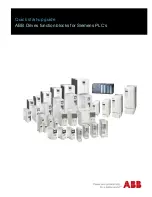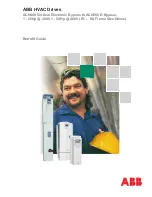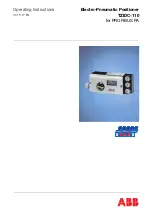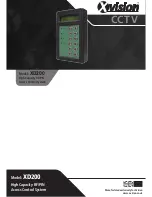
6
Phase 1: direct supply to system.
With a thermal energy demand
from the room thermostat, the regulator activates the solid fuel
generator and connects it, once it is able to supply energy, directly
to the secondary circuit bypassing the inertial water storage in
parallel. Valve V5 connects the inertial water storage in parallel with
the heating system so that it can receive any excess heat energy.
Phase 2: loading of water storage with system idle.
When the
room heating demand is met, with the thermostat no longer
requesting heat energy but with the solid fuel generator still
capable of providing it (e.g. due to an energy surplus caused by
excessive fuel stoking), the regulator connects the solid fuel
generator to the parallel water storage, which thus serves to store
the surplus heat energy.
Phase 3: unloading of water storage with generator off.
The
parallel water storage is used as an energy source at the time of the
next room heating demand if the solid fuel generator is not
operating, not yet at working temperature or not stoked with fuel.
The previously accumulated heat energy is thus drawn from the
parallel water storage.
Phase 4: gas boiler activation.
Only when the solid fuel generator is not operating and the parallel
water storage has no energy reserve, it is necessary to start the gas
boiler, which at that point is the only device able to supply heat
energy to the heating system. Valve V5 isolates the parallel water
storage from the rest of the circuit to avoid loading it with heat
energy delivered by the gas boiler.
HEATING
BOILER
HEATING
BOILER
SOLID FUEL
GENERATOR
SOLID FUEL
GENERATOR
SOLID FUEL
GENERATOR
SOLID FUEL
GENERATOR
HEATING
BOILER
HEATING
BOILER
Phase 1: direct supply to system
Phase 2: loading of water storage
with system idle
Phase 3: unloading of water
storage with generator off
Phase 4: gas boiler activation
*Operating logic of program “management of inertial water storage in parallel on the heating system”.
In accordance with construction and system regulations or depending on system management requirements it may be necessary to use an
inertial water storage on the heating system.
The regulator is supplied as standard with the parameters and probes required to manage a heating system with inertial water storage in
parallel on the heating system.
The operating logic is shown in the adjacent figures:






























